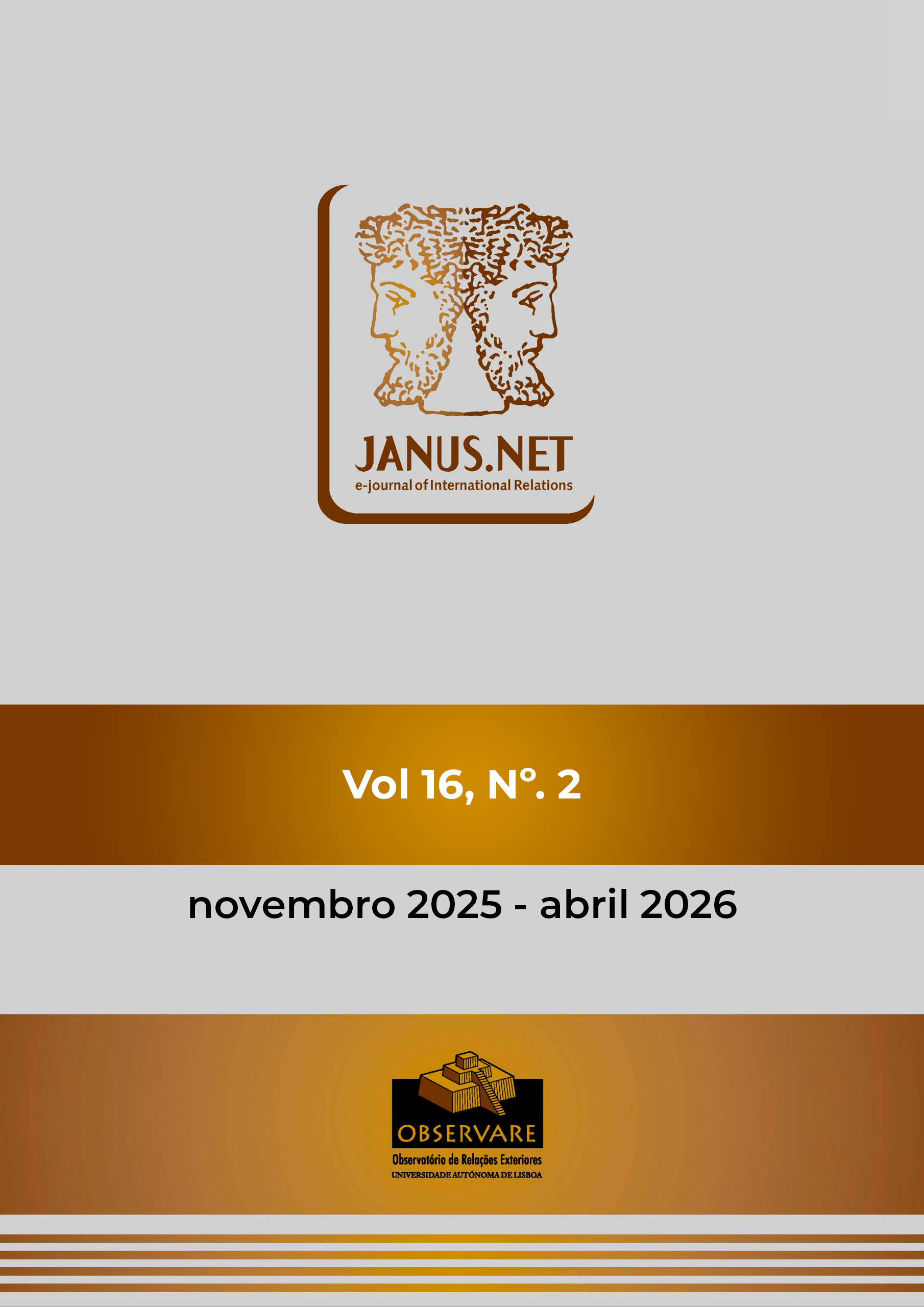SECURING THE SELF: ONTOLOGICAL SECURITY AND ENERGY RELATIONS IN EU-CENTRAL ASIA ENGAGEMENT AFTER UKRAINE
DOI:
https://doi.org/10.26619/1647-7251.16.2.9Keywords:
Central Asia, European Union, Energy, Ontological Security, IdentityAbstract
This article analyses energy relations between the European Union (EU) and Central Asian countries through the lens of ontological security, seeking to understand how identity narratives shape cooperation beyond material interests. Following Russia’s invasion of Ukraine, the EU perception of ontological insecurity increased with the collapse of established energy interdependence routines, prompting a deepening of the engagement with Central Asia to reconstruct its biographical narrative. For Central Asian states, this partnership contributes to their post-Soviet identity construction as sovereign actors. The analysis shows how Central Asian states leverage their distinct energy profiles to craft separate security narratives, while engaging the EU as part of their diversification strategies, demonstrating that sustainable cooperation depends on integrating partnerships into coherent identities amid geopolitical disruption and energy transition challenges.


